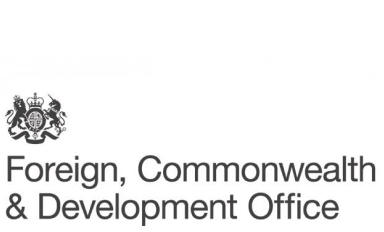Back to basics: The Four Pillars – Collaborative Framework
This is the latest in a new series of blogs looking at the fundamentals of building information modelling and the role of the Global BIM Network.
Public sector led BIM initiatives of all kinds can benefit from a strategic framework that helps deliver robust and effective programmes. This framework is based on four pillars or areas:
• public leadership;
• communication and communities;
• collaborative framework; and
• capability and capacity development.
In this blog we look at the third of these pillars – the need to have a collaborative framework – and identify four actions that can be used to develop this strategic area.
ONE Assess and address legal, regulatory, procurement and policy barriers. This is an important step towards facilitating collaborative working and sharing of data. The National Assembly of the Republic of Slovenia has published and adopted a law governing conditions for the construction of buildings and other related issues. The Building Act (GZ-1) clarifies that BIM processes are to be used in relevant project documentation.
TWO Develop or use international standards for data requirements. BIM Loket in the Netherlands is creating an Atlas of Open BIM Standards describing not only the standards it manages but also important international standards and norms.
THREE Reference international standards for encouraging collaborative processes and sharing of data. The UK’s built environment sector is on a journey towards a smarter, more efficient and sustainable future – a vital stage of which is adoption of the UK BIM Framework and its guidance. The UK BIM Framework sets out the approach for implementing BIM in the UK ensuring a smooth transition in the integration of BS EN ISO 19650 series, the international standard for BIM, within its suite of guidance and tools.
FOUR Produce guidance and tools to support the upskilling of industry and development of academic curricula. In France, for example, a BIM skills repository has been created for all trainers. This allows trainers to offer digital programmes particularly suited to the real needs of contractors and construction companies. It is part of a skills framework published under the ‘Support Skills Development and Develop Appropriate Tools’ workstream of the Digital Building Transition Plan (PTNB). In another example, the Czech Standardization Agency is rolling out BIM curricula in specialist secondary schools and universities.
The Global BIM Network’s Information Collection contains many examples of how collaborative frameworks are enabling BIM processes and practices.
To join the Global BIM Network, email us or visit our website.


